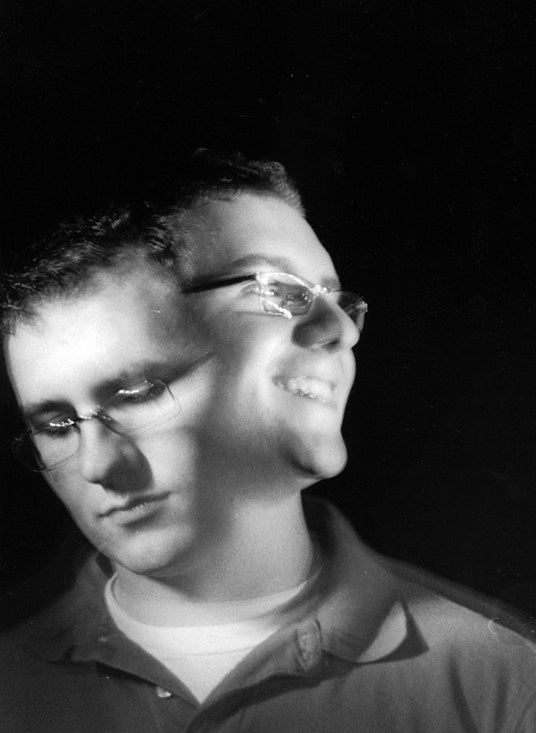
Bipolar disorder
Bipolar disorder causes abnormal mood swings varying from extreme highs (mania) to lows (depression), with varying periods of mood stability between episodes. Each person is unique in how he or she experiences Bipolar Disorder. The number and severity of symptoms, as well as the pattern of episodes, varies considerably. Some individuals experience years of normal mood levels between episodes, while others may experience several episodes per year.
Symptoms experienced in bipolar disorder fall into four groups. These are:
- Mania
- Hypomania
- Depression
- Mixed Episode
Top 10 symptoms of Mania
- Abnormal and persistently elevated mood
- Increased distractibility, poor concentration, racing thoughts
- Extreme irritability
- Rapid, pressured speech
- Decreased need for sleep
- Inflated sense of self-worth (grandiose thinking)
- Provocative, intrusive, or aggressive behavior
- Increased motor activity
- Denial that anything is wrong
- Poor judgment (Excessive involvement in pleasurable activities such as spending, sexual indiscretions, and drug abuse)
Top 10 symptoms of a depression
- Loss of interest or pleasure in normal activities
- Persistent depressed, sad, tearful or empty mood
- Feelings of hopelessness, pessimism, guilt, worthlessness, or helplessness
- Decreased sexual desire or pleasure
- Decreased energy, feelings of fatigue
- Difficulty with concentration, memory, or decision making
- Restlessness or irritability
- Sleeping too much or unable to sleep
- Increase or decrease in appetite with unintended weight loss or gain
- Frequent thoughts of death or suicide
Hypomania differs from mania in severity. There are no psychotic features present, hospitalization is not required, and it may or may not interfere with a person´s social and work activities. The elevated mood does go beyond the person´s normal cheerful mood. There may be increased energy, self-esteem, sociability, recklessness and impulsivity. There may even be an increase in creativity and productivity as the person gets involved in a number of activities.
Mixed Episode is said to occur when a person´s mood changes so rapidly that they experience a mixture of manic episodes and depressive episodes nearly every day. To be diagnosed as having a mixed episode, symptoms have to be severe enough to interfere with social and work activities, require hospitalization, or involve psychotic symptoms.

 Brazilian Center of Transcranial Magnetic Stimulation - CBrEMT
Brazilian Center of Transcranial Magnetic Stimulation - CBrEMT